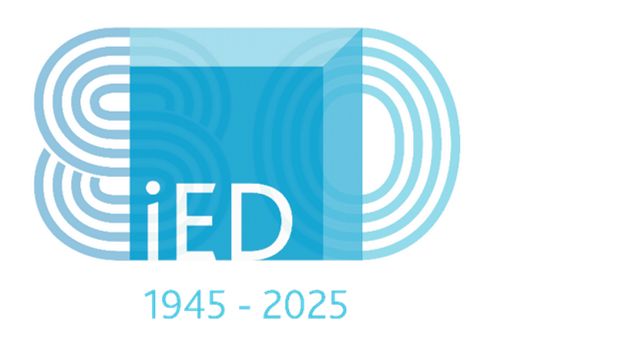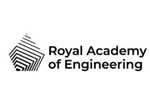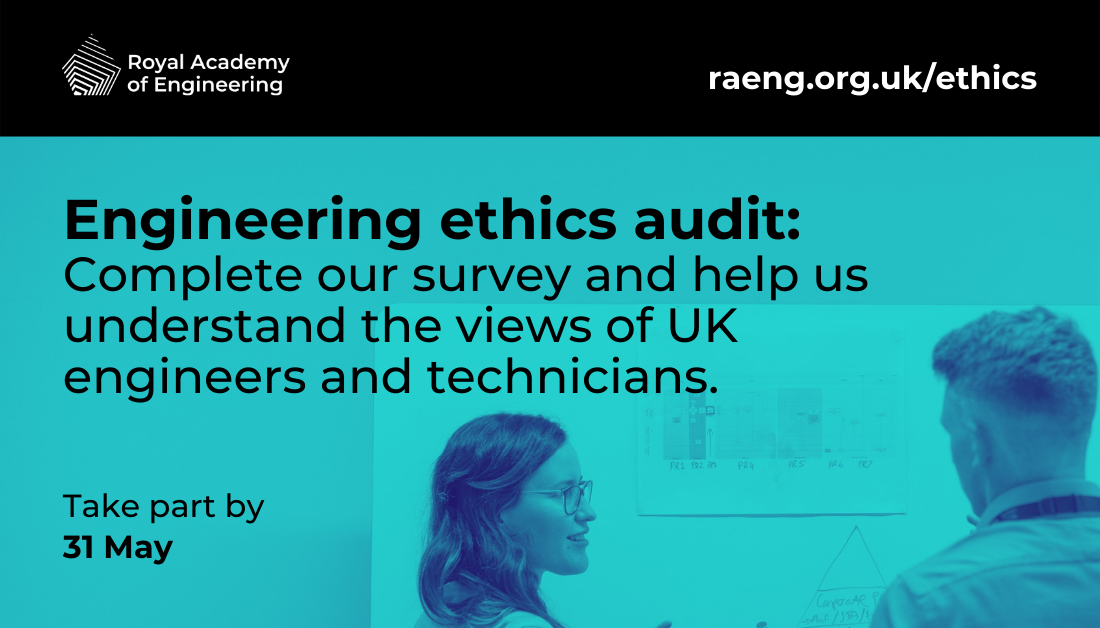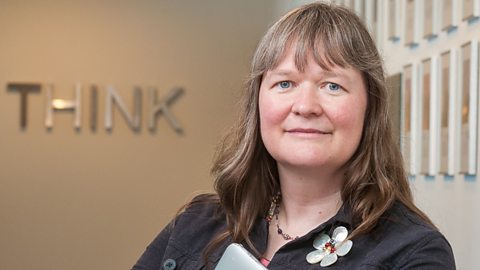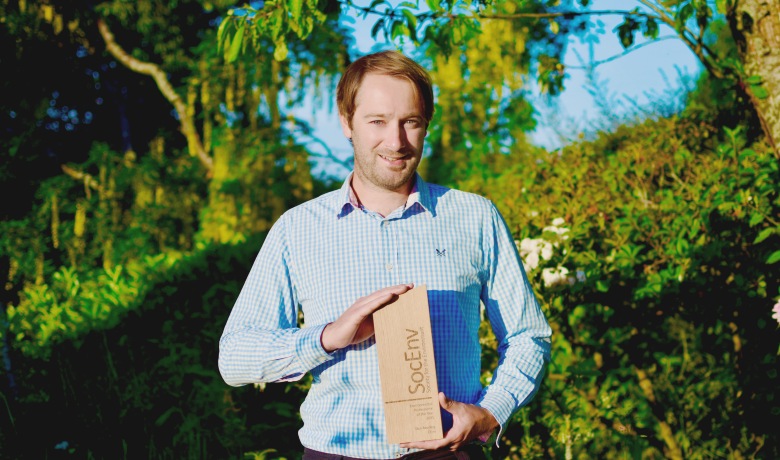Robot Day offers physical and virtual free events for all ages. A typical event involves activities such as building a robot, hands-on coding and hearing from inspirational experts. There also artistic performances such as craft and dance workshops, as well as range of static and moving exhibits
Volunteers are urgently needed to help at Coventry College on Saturday 18 March with stewarding, assisting exhibitors, manning reception, etc. Refreshment and a light lunch will be provided for all volunteers. If you can help please email dw@dwiller.com. For more information please visit http://robotday.co.uk.
